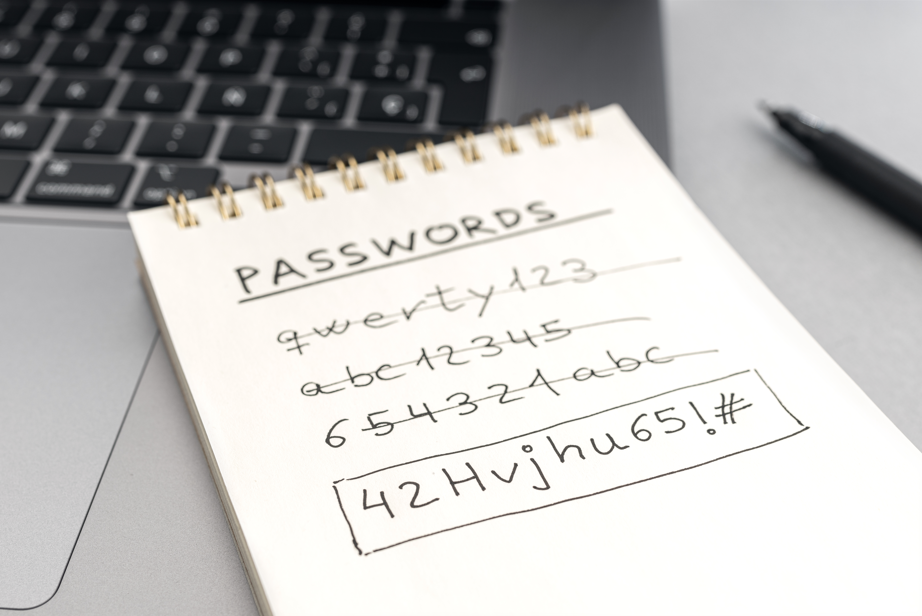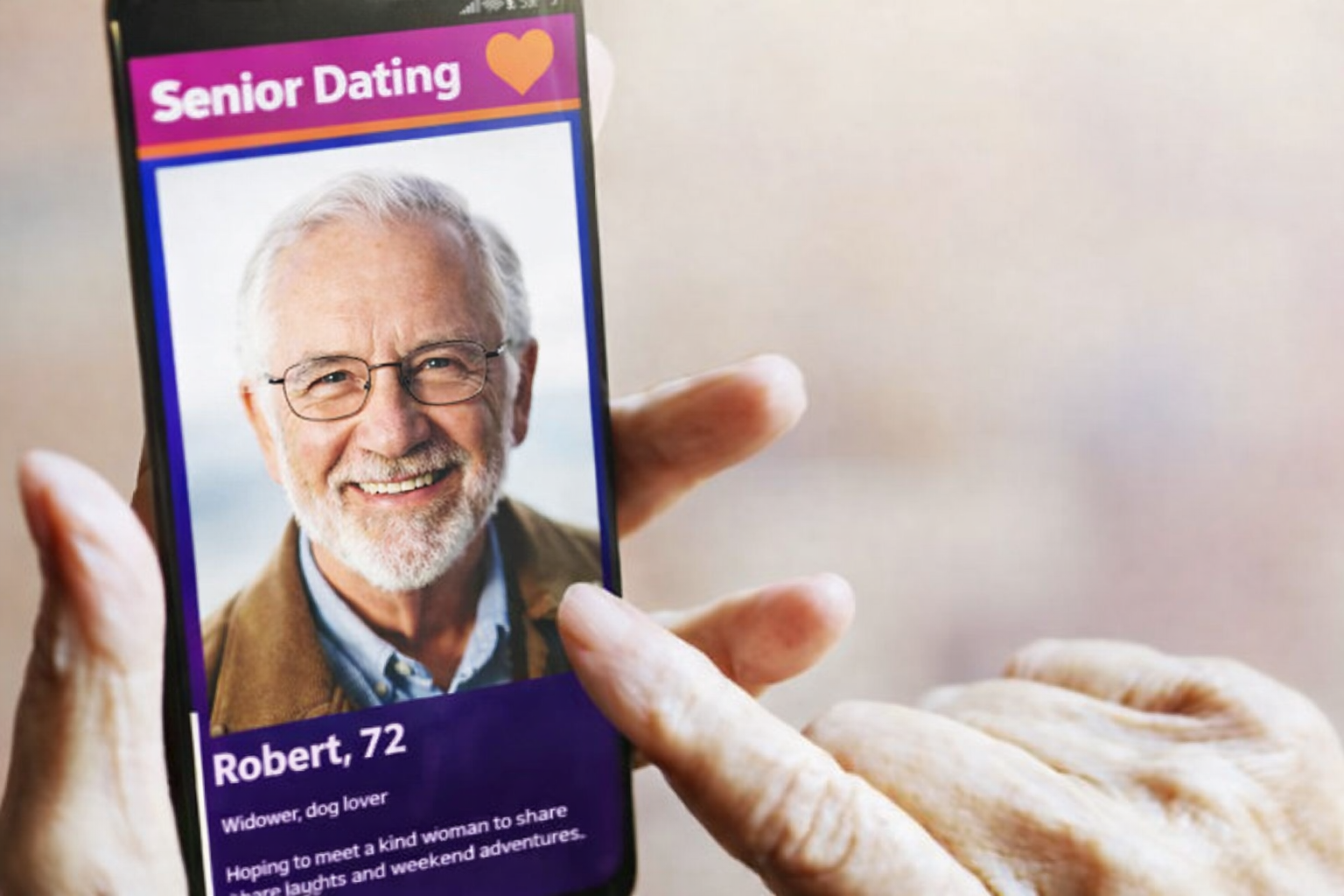How to Avoid Sweepstakes Scams

It’s Publishers Clearing House calling, and you’ve just won millions of dollars. Or have you?
Scammers often impersonate Publishers Clearing House employees and representatives from other sweepstakes to trick people into sharing information or paying fees to collect winnings. In fact, prize, sweepstakes and lottery scams rank among the most common fraud reports filed with the Federal Trade Commission, with $351 million lost by victims in 2024 alone.
That's why it’s important to be alert to these schemes. Here’s what to know about how sweepstakes scams work and what to do to avoid them.
How sweepstakes scams work
One scam that is circulating begins with a call from someone using the name of a real Publishers Clearing House employee and claiming that you’ve won millions of dollars and a new car. You’re sent a photo of the car and told that celebrities will come to your house with your prizes, according to the Better Business Bureau.
To collect your prizes, though, you are told that you must first pay an IRS requirement or broker’s fee of a few hundred to several thousand dollars. You’re then instructed to buy a gift card and provide the caller with the numbers on the back of the card. Or, you’re told to send money to a particular bank account or mail the fee to an out-of-state address.
You might also be asked to provide your bank account information or information about your financial situation and savings accounts. If you hang up, the scammer might continue to call and ask for money, according to reports the BBB has received.
In similar schemes, scammers might reach out by text message, email or a direct message on social media and claim to be with other companies or groups that run sweepstakes or lotteries, according to the Federal Trade Commission. Some might claim to be with a retailer, telling you that you’ve won a gift card or other prize. Some even say they are with the U.S. government or a foreign government and claim that you’ve won a government-supervised lottery or sweepstakes.
Signs of a sweepstakes scam
Although scammers use different tactics, there are three key signs that the story you’re being told is a sweepstakes scam, according to the FTC.
- Scammers ask for a payment to receive your prize. Legitimate sweepstakes organizations won’t demand that taxes, processing fees or shipping and handling charges must be paid upfront to collect winnings.
- Scammers ask for your personal information, such as your bank or credit card account number, to receive your sweepstakes payout. Legitimate sweepstakes won’t require this information.
- Scammers claim that paying increases your chances of winning if they’ve reached out to ask you to participate in a sweepstakes. According to the FTC, it’s illegal to ask someone to pay to increase the odds of winning. Only skills contests that require you to do things such as solve problems or answer questions correctly to win can ask you to pay to play.
How to avoid sweepstakes scams
The prospect of winning a sweepstakes can cloud your judgment, which is why scammers are successful in getting people to pay upfront for the promise of cash and prizes. So if someone reaches out claiming that you’ve won, take these steps to avoid becoming a victim.
- Ask yourself if you entered a sweepstakes. If you don’t recall entering one but are being told that you’ve won, it’s likely a scam. The BBB recommends keeping track of any sweepstakes you enter so you’ll know whether any notice of winning is legitimate.
- Don’t pay to claim a prize. Legitimate sweepstakes companies, including Publishers Clearing House, don’t ask winners to pay upfront fees to claim their prizes. Hang up or don’t respond to anyone asking you to wire money, send a pre-paid card or gift card, pay with cryptocurrency or cash a check and send a portion back.
- Don’t provide personal information to claim a prize. A legitimate sweepstakes won’t require you to provide banking, financial or personal information such as a Social Security number to claim a prize.
- Understand how sweepstakes prizes are awarded. If you do enter a sweepstakes, read the rules to understand how prizes are claimed. For example, Publishers Clearing House states on its website that its employees won’t contact you personally to alert you that you’ve won. Winners are notified by mail or in-person by the PCH Prize Patrol.
If you are a victim of a scam by someone claiming to be with Publishers Clearing House, the company has a scam report you can fill out to report the crime. You also can report it to the FTC at ReportFraud.ftc.gov. If you provided personal information to a scammer, visit IdentityTheft.gov for steps to take to protect your identity.
[ Keep Reading: How to Spot Government Imposter Scams ]

3 Steps to Safer Money,
Try it Free for 30 Days
Step 1
Start your free,
no-risk trial
Step 2
Connect the accounts and cards you want protected
Step 3
Stay alerted to any
unusual activity



.png)



